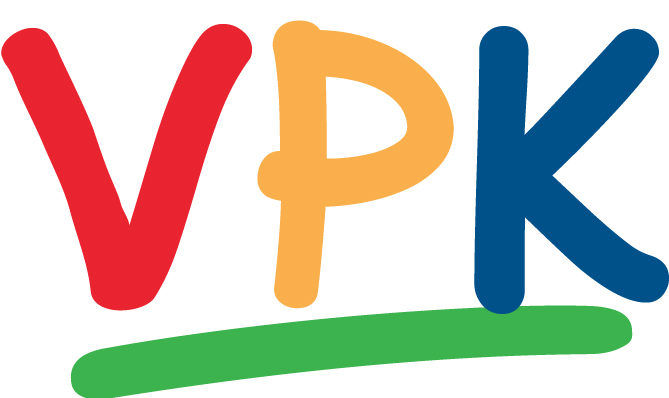Understanding the VPK Program in Florida: A Guide for Teachers
- Andrea Alvarez
- Jun 23, 2025
- 2 min read
Updated: Sep 9, 2025

The Voluntary Prekindergarten (VPK) Education Program in Florida provides a vital steppingstone in preparing children for academic success. Designed for 4-year-olds, VPK offers a free, high-quality educational experience that fosters early literacy, cognitive, and social-emotional skills.
As educators, understanding the ins and outs of the VPK program is crucial in helping you maximize its benefits for your young learners. In this guide, we’ll walk through the key components of VPK, discuss eligibility, curriculum standards, and explore best practices for teaching in a VPK classroom.
1. What is the VPK Program?
The VPK program is a state-funded initiative that provides free prekindergarten education for all 4-year-old children in Florida. Its primary goal is to ensure that children are ready for kindergarten, giving them the foundation they need for future academic success. Whether a child attends a public or private VPK provider, the program is designed to prepare them by developing essential skills in areas like early literacy, math, and social-emotional development. The curriculum is structured to be both fun and educational, ensuring that children build a strong academic and social foundation before they enter elementary school.
2. Eligibility for the VPK Program
The VPK program is available to all children who are 4 years old by September 1st of the current school year. Children must also be Florida residents to qualify for the program. Parents can apply for their child to participate in VPK through the Florida Department of Education or their local early learning coalitions, depending on where they live.
It's important to note that while the program is available for all eligible children, participation is voluntary. This means that parents can choose whether or not to enroll their child in VPK, based on their family’s needs and preferences.
3. Curriculum and Standards for VPK
The Florida VPK Education Standards are designed to give young learners a well-rounded educational experience. These standards focus on key developmental areas such as:
Early Literacy: Teaching children the fundamentals of reading and writing, including letter recognition, phonemic awareness, and the ability to follow and understand stories.
Mathematics: Helping children develop a basic understanding of numbers, shapes, patterns, and simple problem-solving skills.
Social-Emotional Skills: Encouraging children to interact positively with their peers, manage their emotions, and develop the foundational social skills needed for school.
Cognitive Development: Supporting critical thinking, curiosity, and problem-solving abilities through age-appropriate activities.
As a teacher, it's essential to familiarize yourself with these standards and tailor your classroom activities to meet the developmental needs of your students. Many resources, including curriculum guides and lesson plans, are available to help you align your teaching strategies with state guidelines.

.png)







Comments